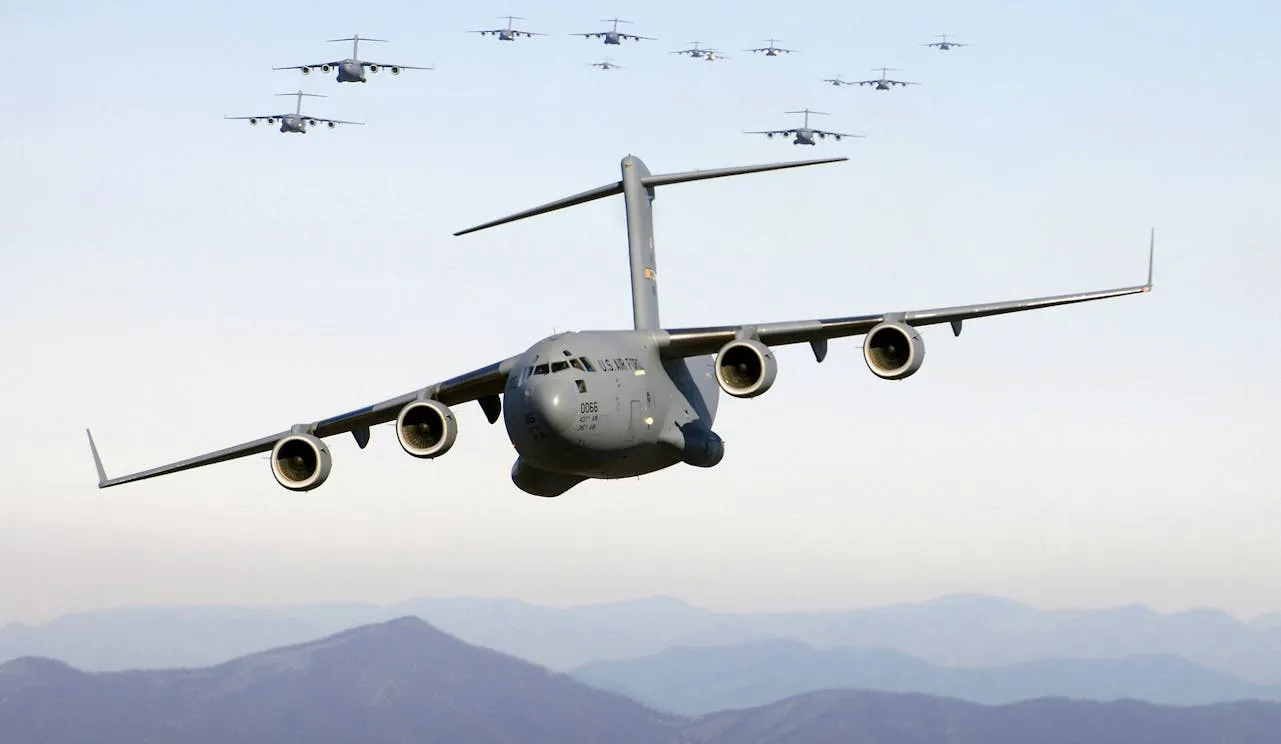
Introduction: Entering the Global Aircraft Seat Market
DAS, a leading company in automotive seat manufacturing, is set to participate in the Aircraft Interiors Expo (AIX) 2025 in Hamburg Messe, Germany, marking a significant step in its expansion into the global aircraft seat market. With 38 years of expertise in ergonomic design, durability, and lightweight seat technology, DAS aims to leverage its experience in the automotive sector to create competitive, high-quality aircraft seats.
DAS has built a reputation for adapting to evolving mobility trends, including innovations in autonomous driving and eco-friendly vehicle solutions. Over the past three years, the company has been actively developing aircraft seating solutions and is on track to secure FAA TSO (Technical Standard Order) certification by 2026. By participating in AIX 2025, DAS seeks to strengthen its presence in the aircraft interiors market while collaborating with global airlines to introduce cost-efficient, ergonomic seating solutions.

DAS’ Commitment to Aviation Seating Innovation
DAS is the first Korean company to exhibit at the Aircraft Interiors Expo, and its continued participation underscores its commitment to becoming a key player in the aviation industry. The company aims to combine its automotive seating expertise with cutting-edge aircraft seat technology to enhance passenger comfort and airline efficiency.
A DAS representative emphasized:
“Based on our extensive experience in automotive seat manufacturing, we aim to present competitive products in the aircraft seat market as well. Through collaboration with global airlines, we will keep expanding our market influence while advancing technological innovation.”
Showcasing the Future of Aircraft Seating at AIX 2025
At AIX 2025, DAS will unveil two key aircraft seat models:
- ECO Economy Seat
- Prestige Economy Seat
These seats are designed to offer a balance of efficiency, durability, and passenger comfort, helping airlines reduce operational costs while enhancing passenger experience.
1. ECO Economy Seat: Lightweight and Space-Optimized
The ECO Economy Seat is a cost-efficient and lightweight solution designed to improve fuel efficiency and maximize passenger space. Key features include:
- Ultra-Slim 30mm Backrest: Reduces bulk while maintaining structural integrity.
- Lightweight Design (26kg per Seat): Enhances aircraft fuel efficiency by reducing overall weight.
- Optimized Seat Pitch (29 inches): Provides more legroom compared to traditional economy seating.
- Ergonomic Features: Integrated headrest, back-integrated table, and a table with a cup holder for added convenience.
With its slim profile and reduced weight, the ECO seat enhances airline fuel efficiency and operational savings, making it an attractive option for budget-conscious carriers.
2. Prestige Economy Seat: Premium Comfort with Advanced Functionality
The Prestige Economy Seat is designed to offer passengers a premium experience with features inspired by DAS’ expertise in automotive seating technology. Key features include:
- 4-Way Wing-Out Headrest: Provides enhanced neck and head support for long-haul comfort.
- Back Recliner and Lumbar Support: Allows for customizable seating positions, improving passenger comfort.
- Cushion-Linked Reclining Function: Ensures a smooth reclining experience without impacting passengers seated behind.
- Integrated Amenities:
- USB Monitor & Wireless Charger: For convenient device charging.
- Foldable Table & Cup Holder: Adds functional convenience.
- Coat Hook: Enhances passenger storage options.
By incorporating premium materials, ergonomic features, and tech-friendly amenities, the Prestige Economy Seat aims to elevate the standard for premium economy seating, offering passengers a superior in-flight experience.
DAS’ Competitive Edge in the Aircraft Seat Market
DAS’ entry into the aviation seating industry presents a unique advantage, as the company brings decades of expertise from the automotive sector, which is known for high-precision engineering and durability standards. Several key factors set DAS apart from competitors:
| Feature | Traditional Aircraft Seats | DAS’ Aircraft Seats |
|---|---|---|
| Seat Weight | Heavier models impact fuel efficiency | Lightweight designs for reduced fuel consumption |
| Design Approach | Standard ergonomic features | Automotive-grade ergonomic innovations |
| Passenger Experience | Limited comfort options | Advanced reclining, lumbar support, and integrated technology |
| Operational Cost Savings | Minimal emphasis on fuel savings | Significant weight reduction for improved efficiency |
By leveraging automotive innovations, DAS aims to provide durable, lightweight, and highly functional aircraft seating, making it a preferred choice for airlines worldwide.
Future Growth and Strategic Goals
DAS is not only focused on its current seat models but is also investing in future aircraft seating technologies, including:
- Smart Seating Solutions: Integration of AI-driven passenger comfort adjustments.
- Sustainable Materials: Development of eco-friendly, lightweight materials to align with sustainability goals.
- Modular Design Concepts: Allowing airlines to customize seating configurations easily.
With these innovations, DAS plans to continue expanding its market presence while addressing the evolving needs of airlines and passengers
Conclusion: DAS’ Vision for the Future of Aircraft Seating
By participating in AIX 2025, DAS is solidifying its commitment to reshaping the aircraft seat market. With lightweight, ergonomic, and technologically advanced seating solutions, DAS is positioning itself as a formidable competitor in the aviation industry.
With plans to expand collaborations with global airlines and pursue FAA TSO certification by 2026, DAS is on track to become a key player in the next generation of aircraft seating.
As the aviation industry continues to prioritize efficiency, comfort, and sustainability, DAS is set to play a pivotal role in shaping the future of aircraft interiors worldwide.

